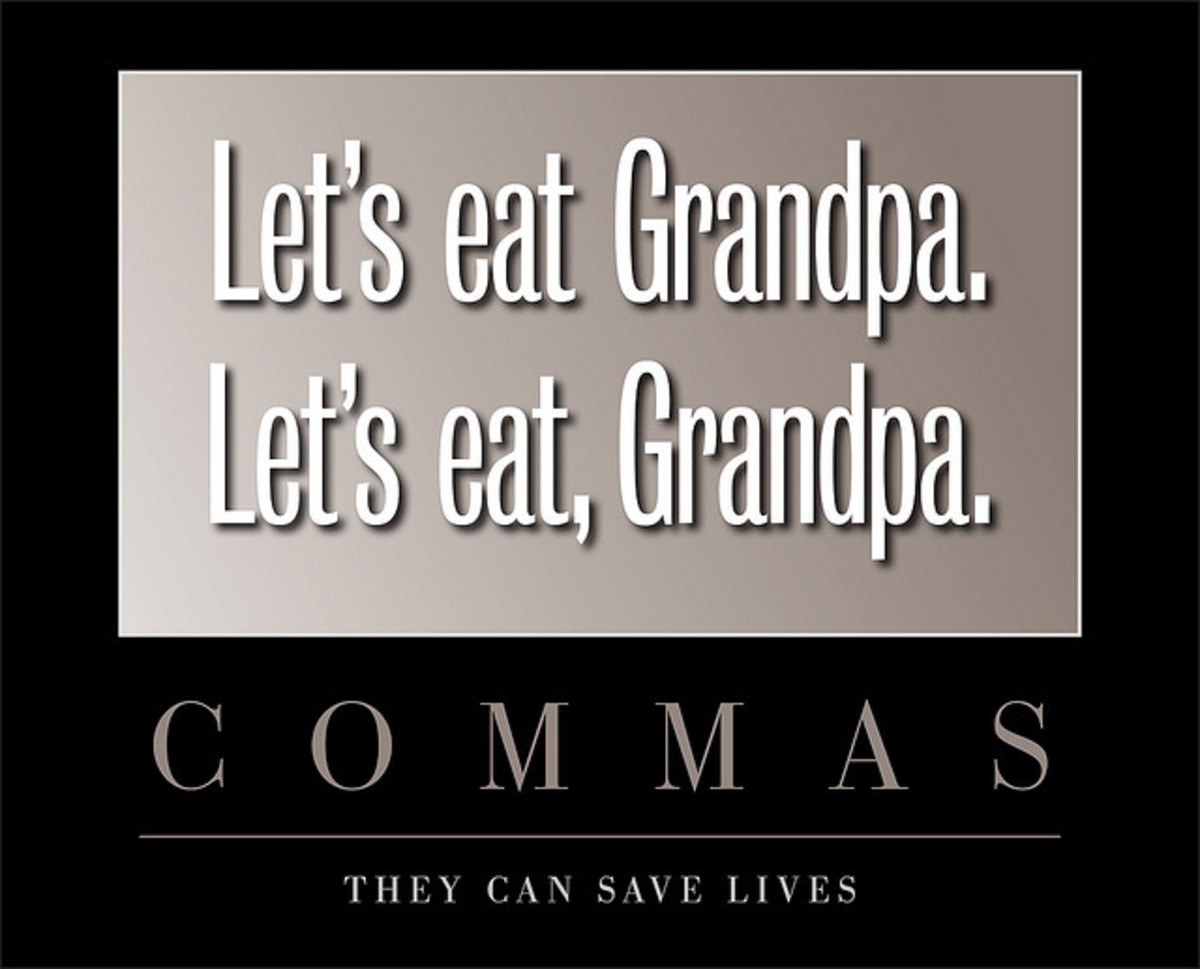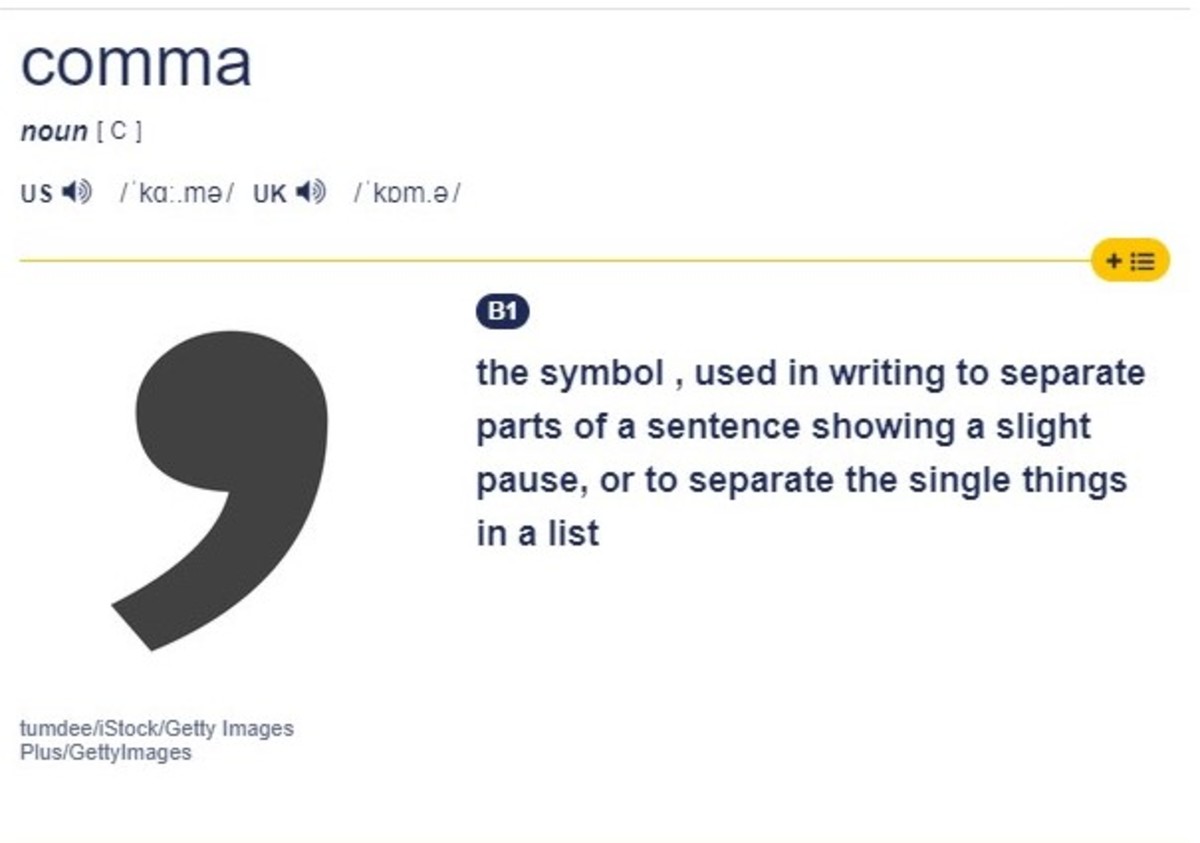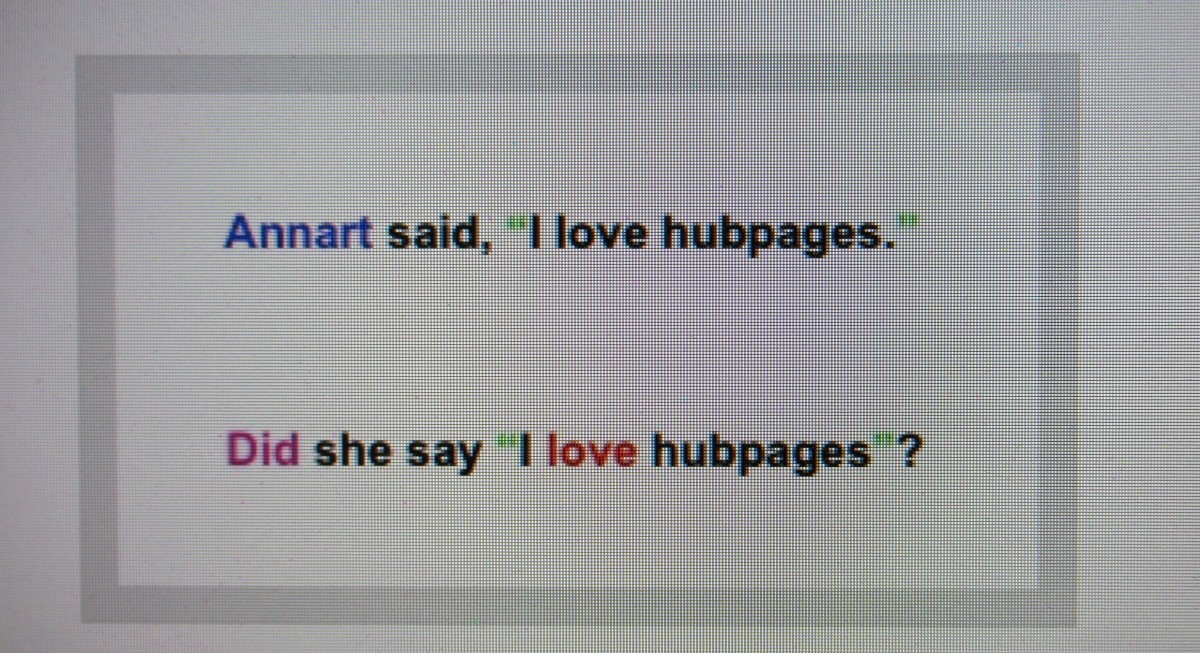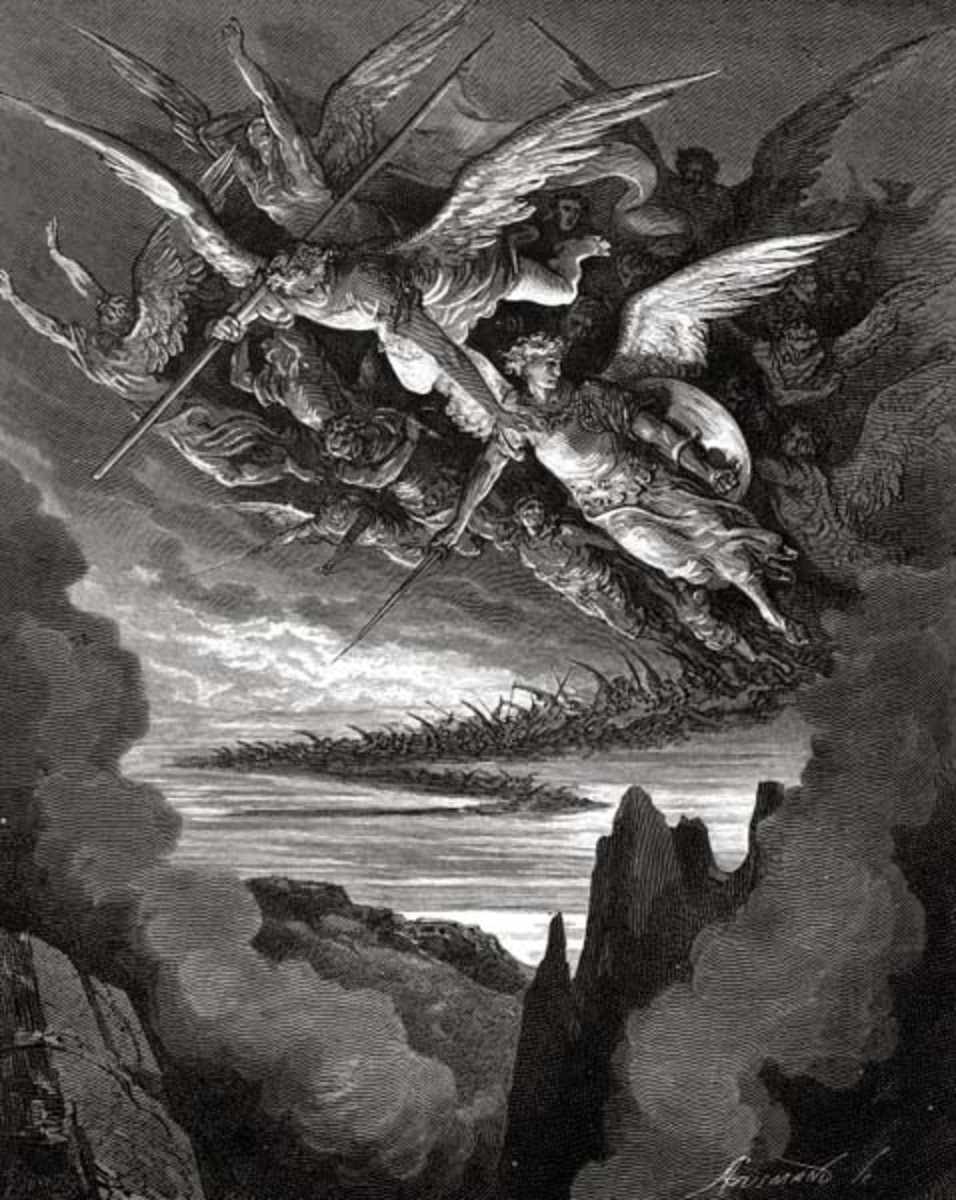Kiss The Caesura Goodbye- Why Comma Splicing?

The Perfect Sentence:
"The man jumped out of the window, he could have taken the front door instead, he chose to take this route over the other, he well knew he would have been caught."
The structure of the above statement is not few and far between in the literary world, and very well then the use of the tricky comma truly looks to fit the purpose of splicing these thoughts into a wholesome whole. Within linguistic prescription, everything seems hunky dory...
But, too hastily and too soon, we forget that the great challenge any writer can have is to know what to say, with a lacking of an expressive power to couch our thoughts into messages and instructions clearly, having to fumble with words on paper as a child would do trying to mutter them during their toddler years. If you find yourself in such grammatical waters, help is not far from you. You do not need to look too further, you can be the lifeguard to your own drowning problem- Did I say your problem? Like you are the originator of language itself or as though it is a problem each one has wreaked by self on self. In an attempt to analyse words, separating them into their individual parts of speech is the right thing to start with when we put words together. No one is a master of language- and one good reason for this line of thought is because language itself is ever-transitory. What was yesterday looked upon as an abberration within the literary esprit de corps is today embraced as an acceptable standard in the same circle of literati. So, as we speak what has language got to say to us writers regarding its ever-changing policy within the confines of linguistic prescription. Hush!
A Punctuation Problem
The Comma is truly a virtual blessing to us in oral communication. We do not see its signified presence as we do in written communication, but our carnal knowledge of it has helped to trade our otherwise bag of gibberish with intelligible expressions that do not only serve to make us greater than other life forms. This, in poetic instances, has helped us to reach for each other's soul by the methodical use of expressions punctuated accordingly by the comma caesura. Take it from me when I say words are soulful- perhaps with timely punctuating gasps. Having said that, beyond acting in the capacity of a lovely caesura from our ever-wagging tongue, while still helping us to splice words, is the comma any good drooping in between independent self-completing thoughts? Are they not strained to do too much where they are not needed in this regard? Perhaps it is only a punctuation mark that shoulders an ailing incomplete idea that needs to be made whole by its introduction. We'll find it out shortly!
Comma as a Complementary Caesura
For a number of us, our academic years are surely rife with thoughts about the varied uses of the Comma from its use within a series to its almost pointless presence within non-essential adjectival expression, yet in all of these situations the comma has something to say, and that is: "My graciousness gives you respite in helping to cement your ideas and thoughts together." The comma's usage, although cuts across the board, it strives only for complementarity purposes. And for one thing, the comma works with order!
Sentence Analysis: Comma Says, 'Don't Compound Our Both Problems.'
Back to the the very beginning, analysing the opening string of words, we have to dig deep to understand the intended i:e connotative meaning that may have been hashed at the back of the mind to elicit such declarative expressions. With this introspection, maybe we could kiss the comma goodbye where they have been place- maybe not, But, then, appropriate punctuation for clarity in meanings of our expressions would be core.
Breaking into units, taking the first of the quartet expressions into account, "The man jumped out of the window" is a self-completing idea. It does not require an added spice for the sense to be made- we know there was an actor who carried out an action and that's it! But then, was that all the writer intended? Certainly not! The follow-up expressions are there to say more.
The second statement, "He could have taken the front door." takes us a tad back in time, telling us the same action could have been carried out through a different means i:e the recipient of the action could have been the something else instead of the window. Without doubt, the first two expressions have a level of relatedness that should bind them together even though each one stands independently on the pages of your screen. But the comma says: 'Why make me carry the burden of two independent expressions alone as each is self-completing in thought, then what would be my job here?' and it says further: 'Don't you think I require some sort of help or a complete swap that can better my course, transforming me into a more heavy-weight punctuation mark.' One of such true burden-bearers is the semi-colon. The other is the dash. The pair alone can shoulder these words, keeping their connotations while refusing to cave in under their bulging pressure.
But then, why the third one? What is the presumed sense of this expression," He chose to take this route over the other." It is an attempt to give a foundation to the reason for the action of the man. Very well apt as a follow-on statement, but not rightly linked to the pair by only the tired comma. The comma will not go the journey alone without another word to give it force. So we are left with an expression that is splice incorrectly by the less able comma.
The final statement says," He well knew he could have been caught". This gives the hint of the actor saving his neck by a stroke of fortune having taken the course of action. So, how would it have fitted with the trio instead of being perforated by the momentary caesura, comma? We are finally forced to contrive a better idea. What about this?
The Submission
A good look at these independent clauses gives it away that each one could take any one position along the lines of communication were a matter of order not as important, although the first of the four expressions obviously sits rightly apt there to broach or introduce the actor of the action within the complex group. In essence, when we use the comma without adjoining help by a co-ordinating word, it does not usually allow for a flitting among positions between the expressing parts- one must command the presence of the other, only one can be the precedent while the other or others take their relative positions against the first pole positions. Suffice it to say that an independent piece of idea may not be joined to another by just the comma; it will require something more. For our case study expressions, we can take this escape route among few:
"The man jumped out of the window, but he could have taken the front door instead. He chose to take this route over the other; although he well knew he would have been caught." Truth, slight variations could be made in structure to the corrected form while the general syntactic sense will still be made, in no situation will the opening introduction be used as a substitute for these. 'But' takes a comma before it as a co-ordinating word while 'although' requires a semi-colon as a surbordinating word. The dash like the semi-colon can shoulder this responsibility just as well, but practically exclusive of the two words in those positions. They are like two brothers that almost always rock together.
Use The Five Golden Rules of The Comma- Keep It Sweet and Simple
- Use me for support only within phrasal or clausal expressions that have individual units merging to become the whole
- Use me in cases of contrasts
- Use me carefully with numbers
- Use me when I have two or more different actors with their distinct actions
- Use me and set me apart when I get in the way of your thoughts
A Second-part hub will seek to elaborate, with examples, these Five Golden Rules
You can kiss the good old comma bye, failing strict adherence to its rules in the mechanics of language and comma splicing may be at best a stylistic error that may be the pesky weed that you have cultivated in your writing garden among true greenery. Do well to weed it out today!








